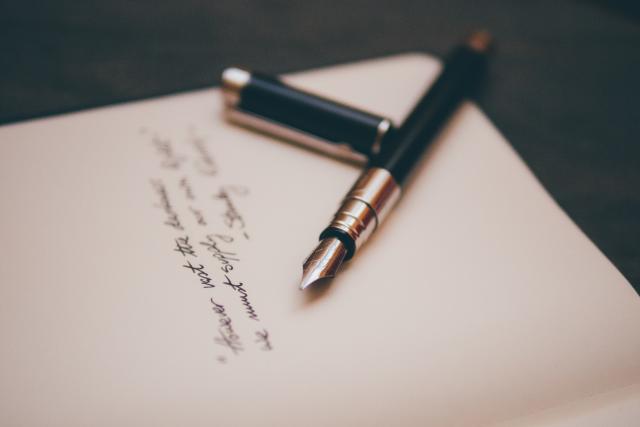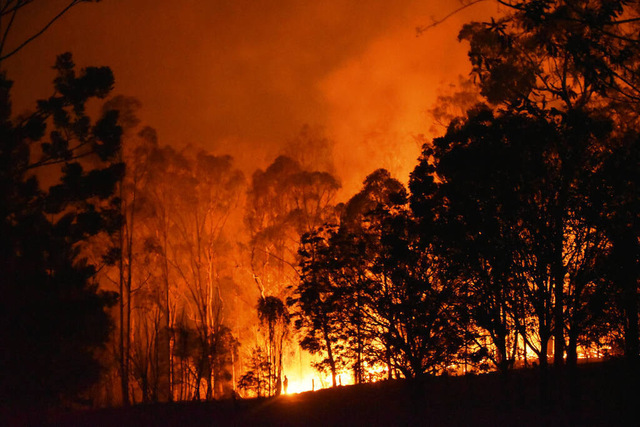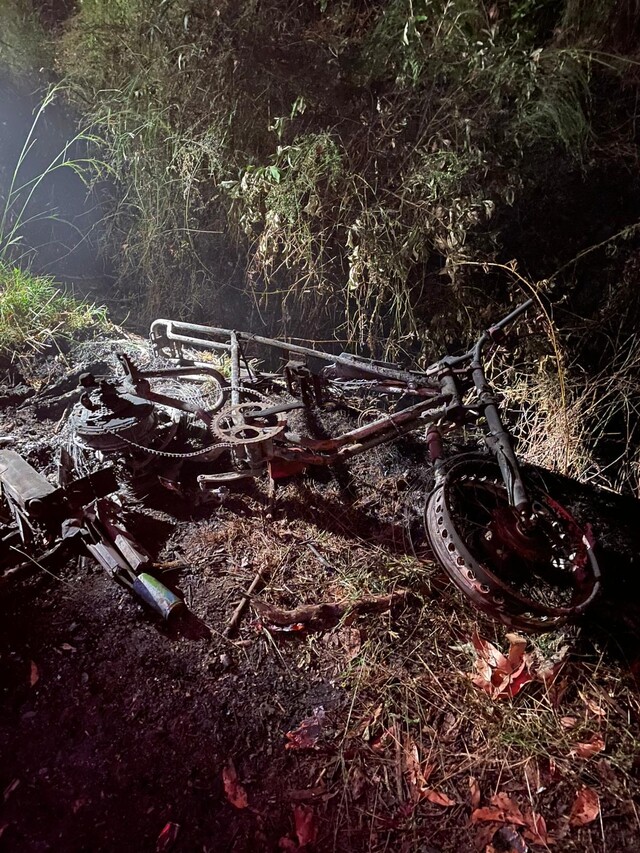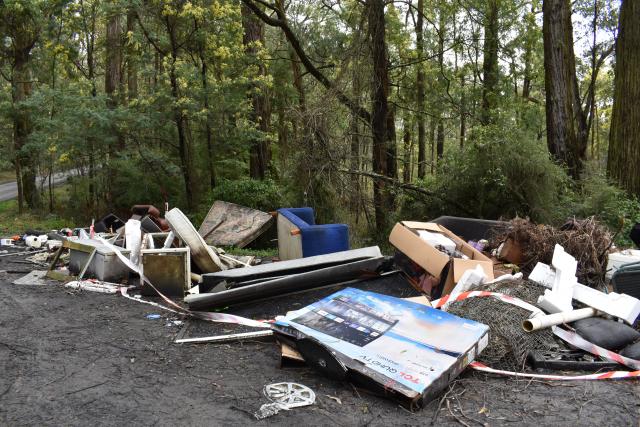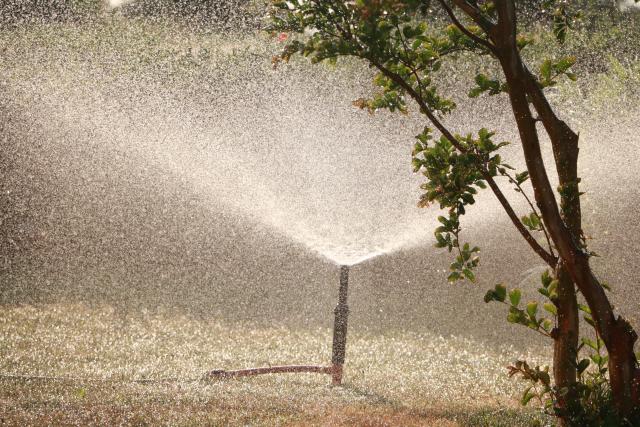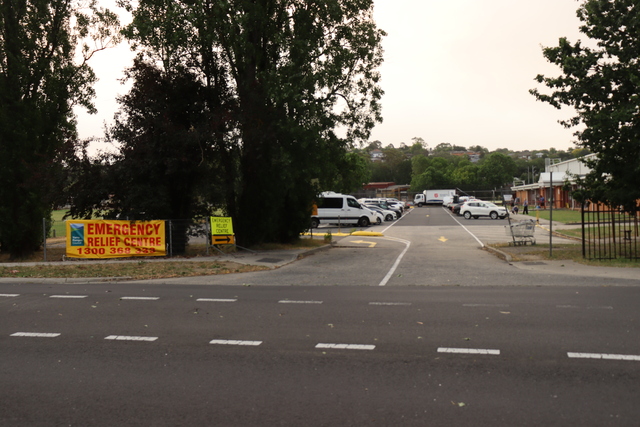In 2025 Australia will join the US, New Zealand, UK, Canada, Jamaica, Nigeria and appoint an official Poet Laureate.
Other countries such as Russia who do not have an official Poet Laureate have nevertheless a long and enduring tradition of poetry playing a significant role in its cultural and public life.
The Albanese government has budgeted $19.3 million dollars to establish Writers Australia, a new body charged with appointing the nation’s first national Poet Laureate.
For many Australians struggling with cost of living and housing problems this may seem an amount that could be better spent elsewhere.
However, when compared to the $489 million the government invested in preparing athletes in high performance sports for the Paris Olympics this is small change. And as the Prime Minister reminded us, it is through ‘the arts that we build our identity as a nation and as a people’.
So one can only welcome any public initiative that acknowledges and supports the growing greater diversity of contemporary Australian literature, where Indigenous, non-Anglo, queer and all-abilities people are now represented.
Poet Sarah Holland-Batt who won the Stella Prize for literature in 2023 believes that an Australian Poet Laureate ‘would elevate the status of Australian poetry both
domestically and internationally:’ And the benefits would be felt across all Australian literature, not just poetry.
Many may ask what exactly is expected from a Poet Laureate in the 21st century?
Alfred, Lord Tennyson, who was Poet Laureate from 1850 till his death in 1892, wrote poems for royal birthdays and other national and ceremonial events.
So while early Poet Laureates were more focused on national events, today’s Laureates are public figures who promote poetry through national projects, education, and outreach.
The role has shifted from an academic one to a highly visible influential position making poetry relevant to everyone: different races, genders and experiences.
No topic is out of bounds: mental health, immigration etc, demonstrating poetry’s role in national and political discourse.
One advantage of the position is the opportunity to reach a wide audience who wouldn’t otherwise read poetry.
Simon Armitage, the current UK Poet Laureate has so far published 25 official poems, covering such nation-defining events as a pandemic, a platinum jubilee, two royal deaths and a coronation.
In Floral Tribute, he uses the metaphor of the lily of the valley -one of the late Queen’s favourite flowers, which appeared in her coronation bouquet.
Excerpt from A Floral Tribute
promise made and kept for life – that was your gift –
Because of which, here is a gift in return, glovewort to some,
Each shining bonnet guarded by stern lance-like leaves.
The country loaded its whole self into your slender hands,
Hands that can rest, now, relieved of a century’s weight.
This is an acrostic poem with the first letter of each line spelling out the late Queen’s name Elizabeth Armitage did also write a poem for the Coronation of the new King as seen from the perspective of a charity worker who almost can’t believe she has received an invitation and has braved the overwhelming occasion to be there
Excerpt from An Unexpected Guest
She’s treated herself to new shoes, a window seat
on the fast train, a hotel for a night.
She’s been to the capital twice before,
once to see Tutankhamun when she was nine
and once when it rained. Crossing The Mall
she’s just a person like everyone else
but her hand keeps checking the invitation,
And who can forget US junior Poet Laureate Amanda Gorman reciting her spine tingling poem at the 2021 presidential inauguration of Joe Biden.
Excerpt from The Hill We Climb
And so we lift our gazes not to what stands between us
but what stands before us.
We close the divide because we know, to put our future first,
we must first put our differences aside.
Perhaps because of its brevity poetry remains a vibrant and evolving literary form today, reflecting shifts in culture, technology, and identity.
While poetry may not dominate mainstream media as it once did, its presence in contemporary culture is not only strong but growing.
Today poetry has left the page and can be accessed in many different ways.
Would the appointed Poet Laureate speak to an audience beyond the literary and page boundaries and address the broader audience?
There are many new ways we can enjoy different forms of poetry: whether it’s in traditional form or otherwise.
Performance poetry uses the stage as the page, transforming poetry readings into theatrical events, harking back to poetry’s early beginnings.
And then there is social media with platforms like Instagram and Twitter giving rise to the phenomenon of Instapoetry: shorter, emotionally resonant and more readily accessible than traditional literary collections.
Will Australia then make a brave choice in the appointment of its first Poet Laureate?
It is indeed a hard ask to have to embody the voice of an entire nation and at the same time reflect the diversity of this wide brown land.
We know that many voices can be excluded from a national conversation and literature.
There are many fine Australian poets who would make admirable Poet Laureates, but the appointment must steer clear of any political bias.
Do you have a favourite poet you would like to see as our Poet Laureate?

